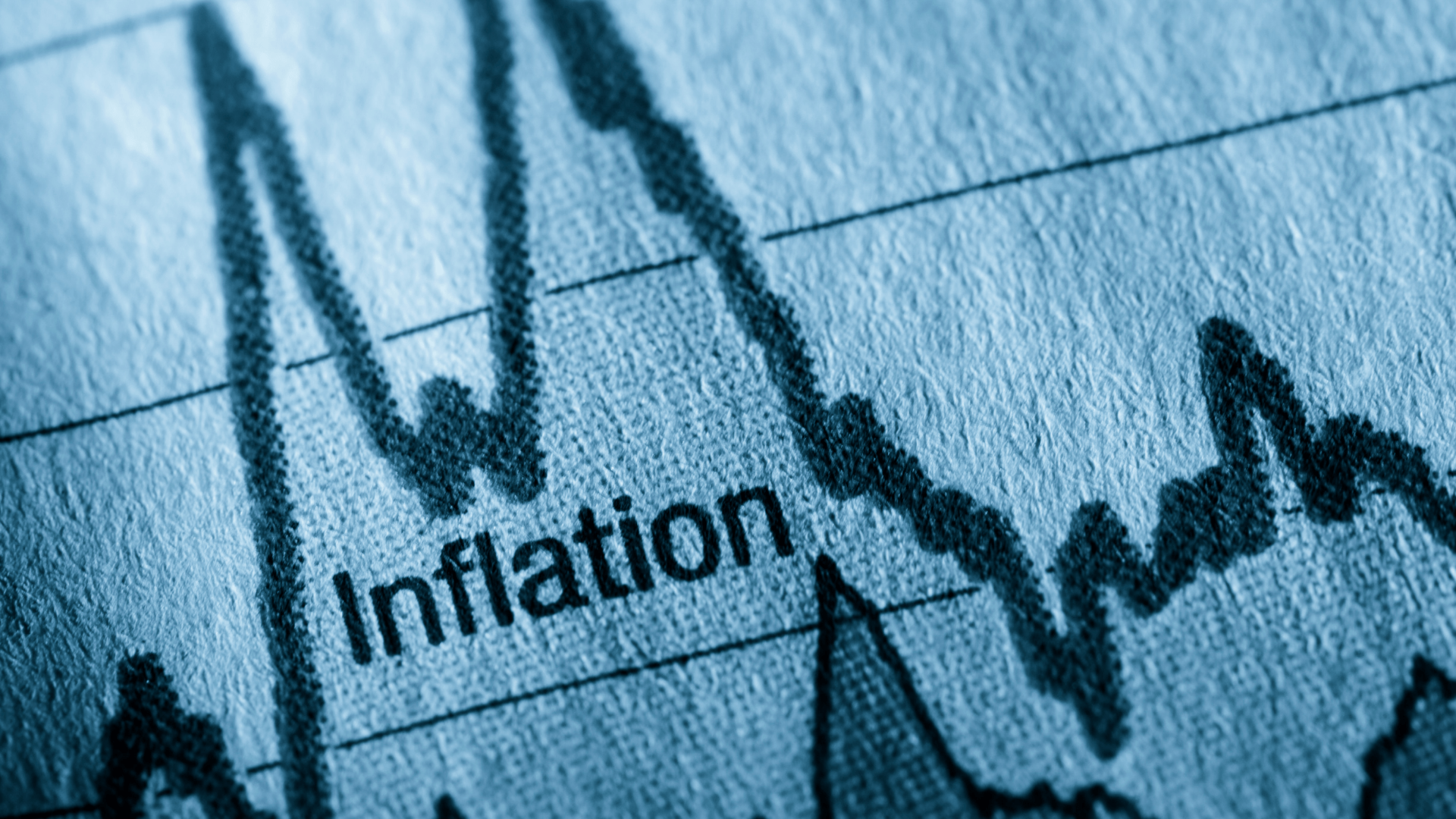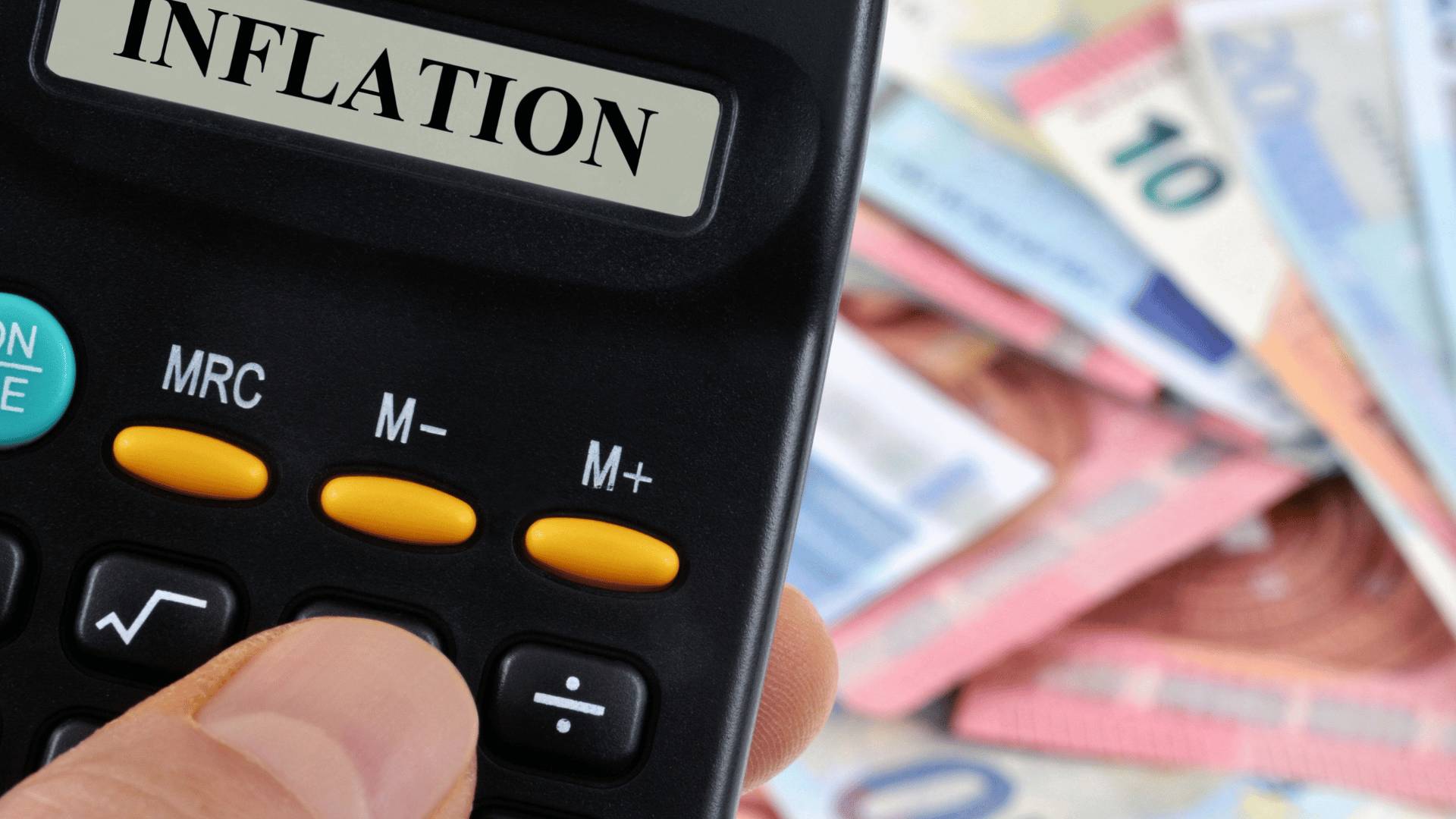Inflation is a fundamental economic concept that affects every aspect of our lives, from the consumer prices we pay for goods and services to how does inflation affect the world and overall health of the global economy. Understanding inflation and its current status is crucial for individuals, businesses, and policymakers alike. In this article, we will provide an update on inflation, what you need to know about it, and how it is impacting the world.
What is Inflation?
The rate at which the general level of prices for goods and services rises, causing a decline in purchasing power, is known as inflation. It is typically expressed as an annual percentage increase bond prices. Inflation occurs when the demand for goods and services exceeds their supply, leading to rising prices. Central banks and governments often aim to maintain a moderate level of inflation, usually around 2%, as it can promote economic growth and stability.
Current Inflation Trends
As of the latest available data (up to September 2021), several factors have contributed to rising core inflation in rates in many parts of the world:
- Supply Chain Disruptions: The COVID-19 pandemic disrupted global supply chains, causing shortages in various industries. These supply constraints have led to increased production costs, which are often passed on to consumers in the form of higher prices.
- Increased Demand: As economies recover from the pandemic, there is a surge in consumer demand for goods and services. This increased demand, combined with supply chain issues, has further fueled inflationary pressures.
- Fiscal and Monetary Policies: In response to the economic challenges posed by the pandemic, governments and central banks worldwide implemented stimulus measures and accommodative monetary policies. While these policies were essential to support economies, they also injected a significant amount of money into the system, potentially contributing to inflation.
- Rising Commodity Prices: Prices of key commodities, such as oil, metals, and agricultural products, have been on the rise. These increases high oil prices have a cascading effect on various industries, causing production costs to rise.
Impact on the World
Inflation has a significant impact on individuals, businesses, and the broader global economy:
Purchasing Power: Rising prices erode the purchasing power of consumers. As inflation rises and the cost of living increases, people may find it more challenging to afford everyday necessities, leading to a decrease in their overall standard of living.
Interest Rates: Central banks often respond to high inflation by raising interest rates to cool down the economy. This an interest rate move can affect borrowing costs for businesses and individuals, raising prices and potentially slowing down economic growth.
Investments: Inflation can erode the real returns on investments, particularly in assets like bonds and savings accounts. Investors may seek alternative investment options, such as stocks or real estate, to hedge against rising inflation anyway.
Business Costs: Higher inflation can lead to increased production costs for businesses. In some cases, companies may pass these raise production costs on to consumers, with consumer price inflation further exacerbating inflation.
Global Trade: Inflation in one country can affect its trade relationships with others. Currency exchange rates may fluctuate, impacting the competitiveness of exports and the prices increase imports.
Income Inequality: Inflation can disproportionately affect lower-income individuals who spend a larger portion of their income on basic necessities. This can exacerbate income inequality.
5 Effects Of Inflation On The Economy
Inflation, the sustained increase in interest rates rise the general price level of goods and services over time, can have profound effects on an economy. Here are five key consequences of inflation:
Reduced Purchasing Power: As prices rise, the purchasing power of consumers diminishes. Essentially, as inflation increases, your money buys you less than it used to. This means that with the same amount of income, people can afford fewer goods and services. This can lead to a decline in the overall standard of living, especially for those on fixed incomes, like retirees, who may find it increasingly challenging to cover their expenses.
Uncertainty: High and unpredictable inflation rates can create economic uncertainty. Businesses may find it difficult to plan for high inflation hurts the future, as they are uncertain about the various future price increases in costs of inputs and whether consumers will be willing and able to pay higher prices for their products. This uncertainty can deter investment and economic growth.
Savings and Investments: Inflation erodes the real value of savings and fixed-income investments like bonds. If the return on your savings or investments does not keep pace with inflation, you effectively lose purchasing power over time. This can encourage people to seek out riskier but potentially higher-yield investments, such as stocks or real estate, to raise interest rates and protect their wealth from inflation's effects.
Income Inequality: Inflation can exacerbate income inequality. Those with the ability to invest in assets that appreciate at a rate higher than the inflation rate or interest costs, such as stocks or real estate, can see their wealth grow while others, who rely on fixed incomes or have less access to investment opportunities, may struggle to keep up with rising living costs. This can lead to a widening wealth gap in society.
What Causes Inflation?
Inflation is a complex economic phenomenon influenced by a variety of factors. It occurs when the general price level of goods and services rises over an extended period, resulting in a decrease in the purchasing power of money. Understanding the causes of inflation is essential for policymakers, economists, and the general public. Here are some of the primary factors that contribute to inflation:
Demand-Pull Inflation: This type control inflation of or demand pull inflation occurs only when the demand for goods and services in an economy exceeds its supply. When consumer spending, business investments, or government expenditures increase significantly, they can create excess demand for products, leading producers to raise their prices to capitalize on the increased demand. Demand-pull inflation is often considered a sign of a robust and growing economy but can lead to rising prices if supply cannot keep up.
Cost-Push Inflation: Cost-push inflation results from increases in the production costs of goods and services. This can happen due to various reasons, such as rising wages, higher costs of raw materials, or supply chain disruptions. When businesses face higher costs, they often pass them on to consumers in the form of higher prices. Cost-push inflation can be particularly challenging to control, as it is driven by factors outside the control of central banks and policymakers.
Built-in Inflation: Built-in inflation, also known as wage-price inflation, is a self-perpetuating cycle. It occurs during economic downturn when businesses raise prices to maintain their profit margins in response to rising production costs. In turn, workers demand higher wages to keep up with the increasing cost of living, leading to further price increases. This cycle annual inflation can become ingrained in the economy and is often a challenge to break.
Monetary Policy: The actions of central banks play a significant role lower economic growth and in influencing inflation. Central banks can increase the money supply by lowering interest rates and implementing quantitative easing policies, which can stimulate spending and economic growth. However, if these policies are pursued too aggressively and the money supply grows too rapidly relative to economic output, it can lead to demand-pull inflation.
Fiscal Policy: Government spending and taxation policies can move economic activity and also impact inflation. Expansionary fiscal policies, such as large-scale government spending programs or tax cuts, can boost aggregate demand and potentially contribute to inflation if not offset by adequate economic growth and productivity gains.
Exchange Rates: Changes in exchange rates can affect the prices of imported and exported goods. A weaker domestic currency can lead to more housing prices and higher import prices, contributing to inflation. Conversely, a stronger currency can lower import costs and help contain inflation.
Expectations: People's expectations about future prices paid inflation can influence their current behavior. If individuals and businesses anticipate that prices will rise significantly in the future, they may demand higher wages and raise prices, creating a self-fulfilling prophecy of inflation.
Conclusion
Inflation is a complex economic phenomenon influenced by a variety of factors. While moderate and stable inflation, is considered normal and even beneficial for economic growth, excessively high or unpredictable inflation can have adverse consequences. Staying informed about current inflation trends is crucial for making informed financial decisions and understanding how this economic indicator can impact the world at large. It is essential for individuals, businesses, and policymakers to adapt and plan accordingly in an inflationary environment to mitigate its effects on their financial well-being and economic stability.
For more information on Vista Residences, email [email protected], follow @VistaResidencesOfficial on Facebook, Twitter, Instagram, and YouTube, or call the Marketing Office at 0999 886 4262 / 0917 582 5167.

.png)




_11zon.jpg)